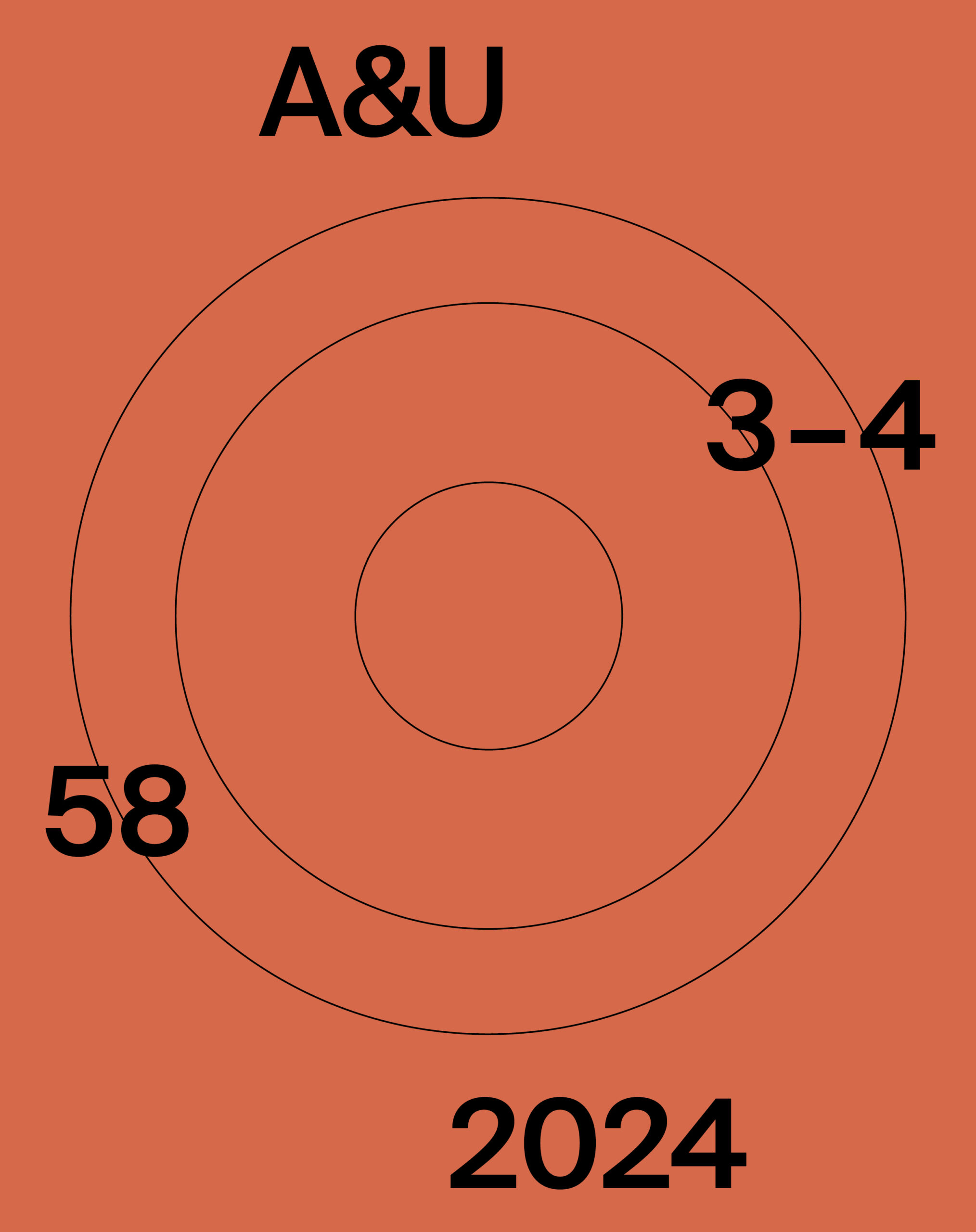Emmanuel Levinas (1906 – 1995), one of the greatest phenomenologically oriented philosophers of the 20th century, is not an author whom we encounter often when reading texts about architecture. Despite his extensive body of writings on art, he never produced any text directly concerning architecture. However, if we measure the importance of works by other criteria than their explicitness or volume, we might come to a different conclusion… The present text addresses the sense of a house and housing for the human subject; the sense, hence, not its usefulness. It adheres faithfully to the phenomenological approach, asking what is the essence of the experience of space and place, what is found in the essence given to us in the original sense. The essence of experience presumes that the experience lies within the relation to the experienced subject. We do not ask how the experience of space develops, but rather what lies within it, what it demonstrates, what can be concluded from it and what sense could be inferred from the experience as a given phenomenological quantity. Within such an attitude, clues to relations and relationality may be revealed; consequently, these clues may lead us to discover the sense of space and things for human experience. It is a topic close to the philosophical discipline of generative phenomenology, focusing on the research of a generative constitution of the inner as well as the external life-world. In our opinion, this phenomenological feature of space and place relating to the subject is the target of critical remarks from Levinas, which may have a significant influence in the process of architectural works, too. According to him, place should not be understood as an arbitrary “somewhere”, but rather as a foundation and a condition of every human being. An individual commits himself or herself to a place that forms a foundation and condition. Going to bed may be a remarkable testimony to this fact, since in the act of resting one attaches oneself to the place and confirms the distance from what affects him from outside. Hence the question arises: is it necessary to reverse the order of justification? The conscious world is not the cause of a house’s establishment; on the contrary, a house establishes consciousness and unlocks its possibilities. …

This work is licensed under a Creative Commons Attribution 4.0 International License.



